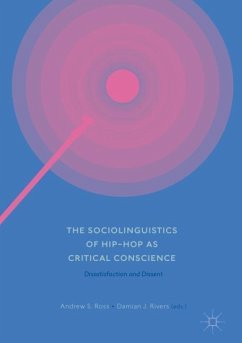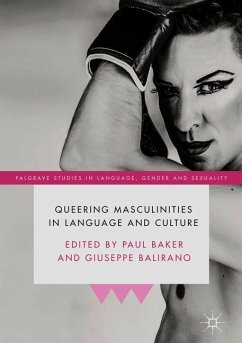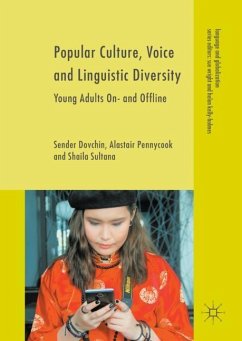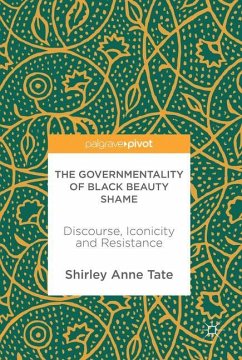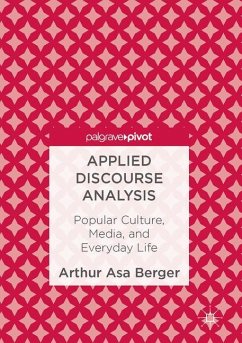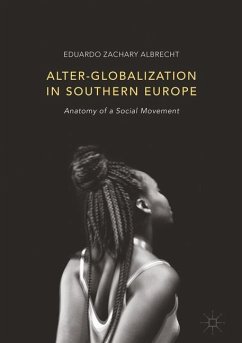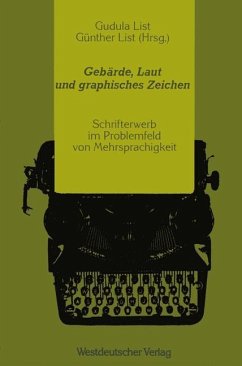
Language, Normativity and Europeanisation
Discursive Evidence from the Eurovision Song Contest

PAYBACK Punkte
34 °P sammeln!
This book focuses on linguistic practices of identity construction in a popular culture media context, the Eurovision Song Contest. Subscribing to a normativity-based approach to critical discourse analysis, it studies Europeanisation as it surfaces at the discursive interface of European, national and sexual identities in Eurovision lyrics and performances. Research in critical discourse analysis that deals with Europeanisation, or the discursive work involved in European identity formation, has so far mainly studied data from EU political contexts that illustrate a top-down approach to what ...
This book focuses on linguistic practices of identity construction in a popular culture media context, the Eurovision Song Contest. Subscribing to a normativity-based approach to critical discourse analysis, it studies Europeanisation as it surfaces at the discursive interface of European, national and sexual identities in Eurovision lyrics and performances. Research in critical discourse analysis that deals with Europeanisation, or the discursive work involved in European identity formation, has so far mainly studied data from EU political contexts that illustrate a top-down approach to what Europeanness means. The present book complements this earlier research in several ways, focusing on the linguistic construction of identities, and its interrelation with non-linguistic modes of signification in the Eurovision Song Contest. Discursive mechanisms that prove to be central for the normative shifts of Europeanisation in the given context are de-essentialisation, inclusion, camp, crossing and languaging.





